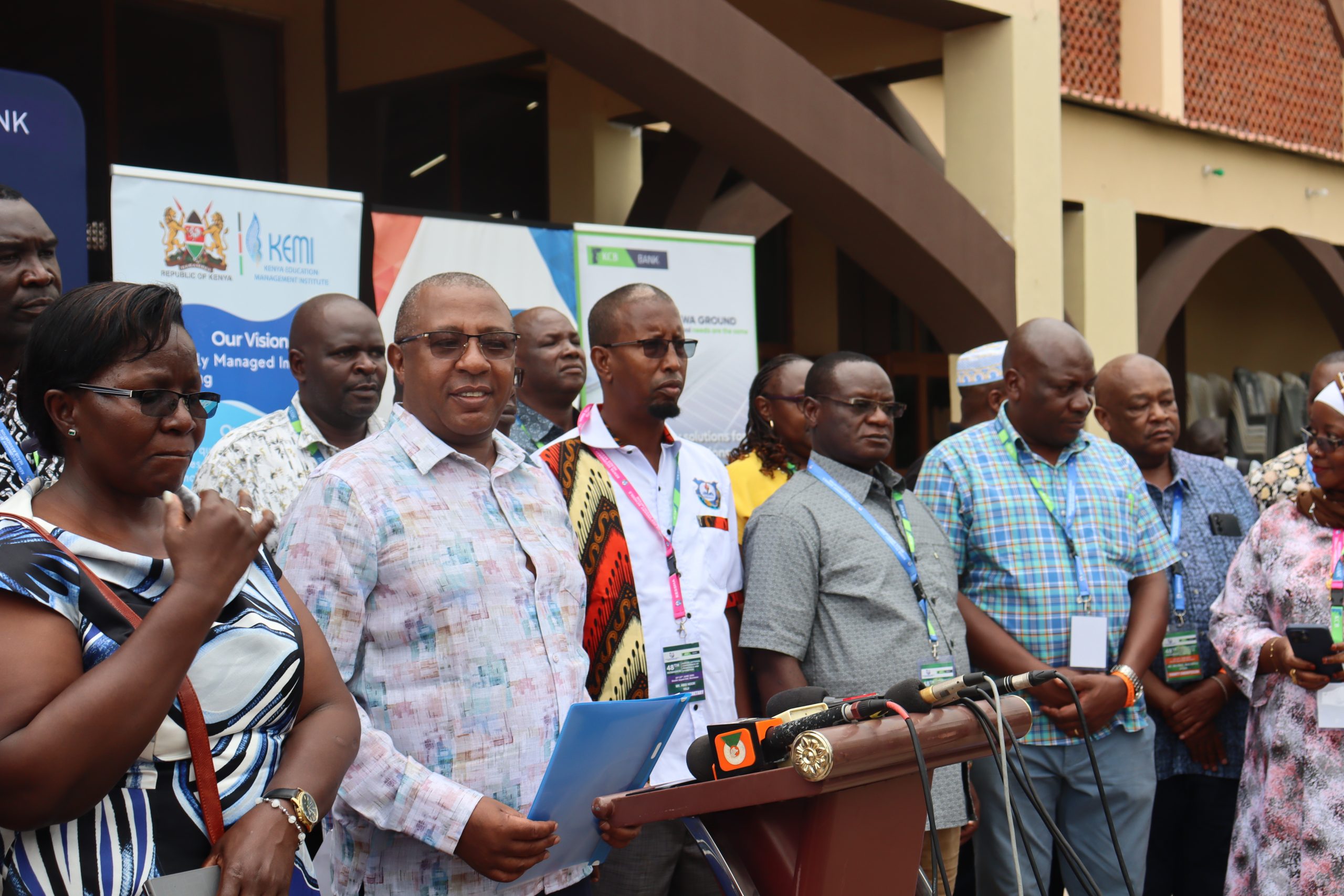The delay in capitation funding, amounting to over Ksh18 billion, has significantly impacted public secondary schools across Kenya. These institutions, which serve a crucial role in ensuring accessible education for all, are facing unprecedented financial challenges.
The funds which are intended to support basic educational needs, covering costs for student resources, teacher salaries and infrastructure maintenance impact a lot to the welfare of schools.
However with the ongoing delay in these funds, schools are struggling to meet these fundamental requirements, which directly affect their operational capacities.
One of the most pressing challenges is the dwindling resources available for students. Public secondary schools often rely on capitation funds to procure essential learning materials such as textbooks, laboratory supplies and technology resources.
The absence of timely funding has resulted in a scarcity of these materials, compromising the quality of education delivered to students. Inadequate resources hinder effective learning and limit the students’ ability to engage fully with the curriculum, ultimately affecting their academic performance.
ALSO READ:
KPF donates 1 million to boost classrooms renovation at Shauri Moyo primary
The issue has already drawn the attention of the Kenya Secondary School Heads Association (KESSHA), which has issued a stern warning that schools may be forced to shut down early if funds are not released. This warning points to the seriousness of the situation and reinforces the urgent need for intervention.
Willy Kuria, the chair of KESSHA, said that the situation is already forcing schools to make drastic decisions. “Schools are facing a major crisis. These financial constraints have severely impacted the smooth running of many institutions, with day schools bearing the brunt of the crisis,” he said.
Kuria added that learning has already been disrupted in many schools, stating, “Teachers are forced to avoid giving complete examination papers and omit practical. The issue has been quietly building over the past few year which affects learning.”
According to Kuria, schools expected Ksh11, 122 per student for Term I but only received Ksh8, 818, leaving a deficit of Ksh2, 304 per learner. In Term II, schools were to receive Ksh6, 673 per learner, yet only Ksh3, 471 has been disbursed, creating a further shortfall of Ksh3, 202. In total, the government owes public secondary schools Ksh7.5 billion for Term I and Ksh10.5 billion for Term II, bringing the total funding delay to over Ksh18 billion.
Moreover, the delay in capitation funds has severe implications for program implementation within public secondary schools. Many extracurricular programs that enhance students’ holistic development, such as sports and arts, are at risk of cancellation or significant cutbacks due to financial constraints. These programs are essential not only for student engagement but also for cultivating teamwork, leadership and other vital life skills.
ALSO READ:
KUCCPS opens TVET application window, waives application fees for September intake
Furthermore, the maintenance of school facilities has become increasingly challenging. Without adequate funding, schools struggle to provide basic upkeep, such as repairs on essential infrastructure like classrooms and sanitation facilities. This scenario creates an unsafe and unhealthy learning environment, deterring students from attending school. Overall, the delay in capitation funds poses a multi-faceted challenge that affects the operational efficiency and educational outcomes in public secondary schools across Kenya.
It is the high times for teachers to rally together behind their unions to advocate for improved government accountability regarding educational funding. Also by highlighting the direct correlation between capitation and the quality of education, teachers can create a powerful narrative that compels authorities to act promptly. Additionally, engaging with the media can amplify concerns surrounding this issue, fostering public support that pressures the government to prioritize education financing.
The delay in capitation funding is not merely a bureaucratic issue; it is a matter that directly affects the future of countless students. By calling for transparency and accountability, all stakeholders can work collaboratively to ensure that every child in Kenya receives the education they deserve. It is crucial that action be taken now to safeguard the educational resources essential for a brighter tomorrow.
By Benedict Aoya
You can also follow our social media pages on Twitter: Education News KE and Facebook: Education News Newspaper for timely updates.
>>> Click here to stay up-to-date with trending regional stories
>>> Click here to read more informed opinions on the country’s education landscape





